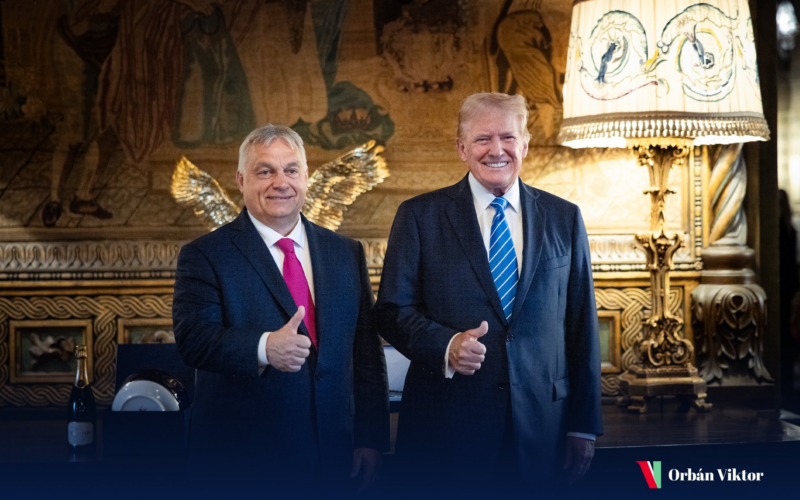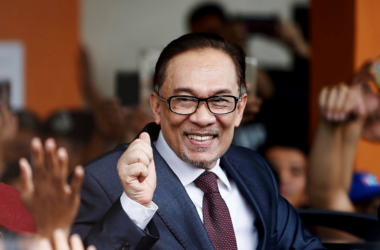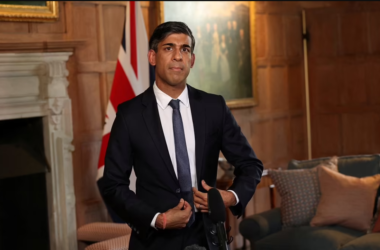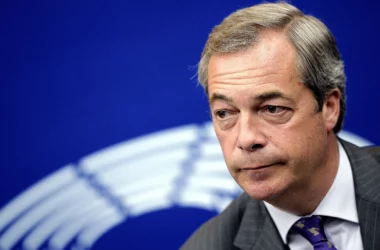Hungarian Prime Minister Viktor Orban met with former US President Donald Trump at Trump’s Mar-a-Lago residence in Florida, continuing Orban’s self-styled “peace mission” to address the ongoing Russia-Ukraine conflict. During their meeting, the two leaders discussed potential pathways to peace, with Orban expressing optimism about Trump’s ability to resolve the conflict.
Orban’s recent diplomatic efforts have seen him visit Kyiv, Moscow, and Beijing in an attempt to broker a ceasefire. However, his actions have stirred controversy among Hungary’s NATO allies and members of the European Union. In a post on social media platform X, Orban expressed his enthusiasm about the Mar-a-Lago meeting, stating, “It was an honor to visit President [Donald Trump] at Mar-a-Lago today. We discussed ways to make peace. The good news of the day: he’s going to solve it!”
Orban’s initiative has been met with mixed reactions. Some NATO members are frustrated with his meetings, particularly his recent visit to Moscow, which they view as lending legitimacy to Russian President Vladimir Putin amid efforts to isolate him over the invasion of Ukraine. Ukrainian President Volodymyr Zelenskyy, who was not informed about Orban’s trip to Russia, downplayed Orban’s peace-making attempts, suggesting that not all leaders have the necessary influence to negotiate such matters.
White House National Security Advisor Jake Sullivan also expressed concerns, emphasizing that any peace negotiations must involve Ukraine and have its support. “Whatever adventurism is being undertaken without Ukraine’s consent or support is not something that’s consistent with our policy, the foreign policy of the United States,” Sullivan stated.
Despite the criticism, Orban continues his diplomatic tour. His meeting with Chinese President Xi Jinping in Beijing was another step in his peace mission, with Orban highlighting China’s potential role in creating conditions for peace between Ukraine and Russia. Hungary’s stance on China further diverges from that of its NATO allies, as Hungarian Foreign Minister Peter Szijjarto clarified that Hungary does not support NATO becoming an “anti-China” bloc.
Orban’s peace efforts come at a time when Hungary holds the rotating presidency of the European Union, adding another layer of complexity to the geopolitical landscape. While some European leaders have distanced themselves from Orban’s approach, asserting that he does not speak for the EU in his discussions on Ukraine, Orban remains committed to his mission.
The ongoing tension and varied responses to Orban’s actions underscore the challenges of achieving a unified approach to the Russia-Ukraine conflict. As the situation continues to evolve, the international community watches closely to see if Orban’s peace mission will yield any tangible results.








